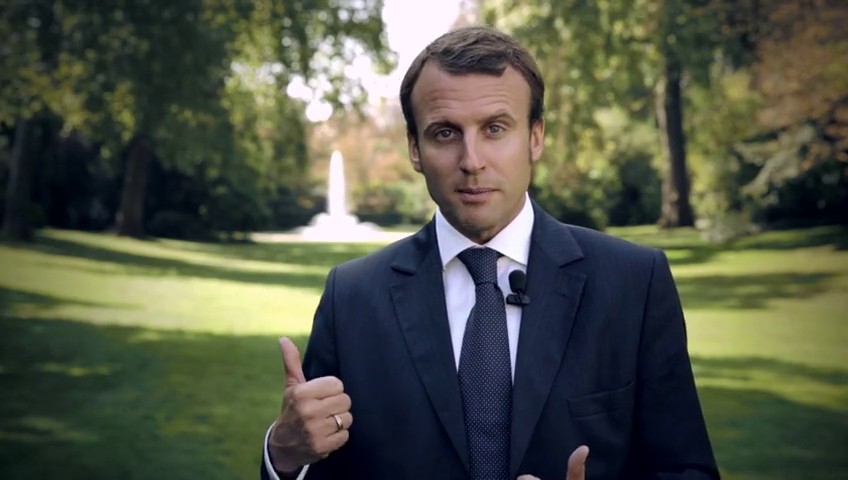Macron outplays the UN on Libya
09 August 2017 /

In July, Emmanuel Macron hosted talks between Haftar and the Government of National Accord (GNA) in Tripoli for them to come to an agreement of sorts on how to reunite the country, while fighting terrorism. Are we witnessing different kind European imperialism led by the France?
In December of 2015 the United Nations in accord with its security council members recognised the Government of National Accord (GNA) as the legitimate government of Libya. The GNA controls the Western parts of the country, but has been rocked with violence from different breakaways factions and the Islamic State.
Meanwhile in the East, Field Marshal Khalifa Haftar’s (until-know) illegitimate army has been under pressure by the UN but supported by several Arab states. Egypt has repeatedly carried out air rides against IS targets and Haftar opponents inside the territory. Things have now changed to the Marshal’s benefit.
The European Council has agreed to try to establish refugee camps inside Libya to vet the refugees wanting to come to Europe. For these camps to be set up there needs to be a government with solid institutions which can operate and protect them – with EU support. In July, Emmanuel Macron hosted talks between Haftar and the GNA in Tripoli for them to come to an agreement of sorts on how to reunite the country, while fighting terrorism.
Haftar: from foe to friend
The most important outcome of the meeting was the integration of Haftar into the international community. Moreover, relations improved between the two rival Libyan factions. Although, the country still doesn’t lacks a constitution, it’s is moving closer to reunification. But for who will hold the ultimate power and become President is still the most important question. Tensions between the GNA and Haftar’s army has thus far remained, but clashes are less intense. Nevertheless, raids on the relevant army barracks regularly take place. These are carried out by the GNA, Haftar supporters, the Islamic State or from different breakaway factions inside all of these groups. Everyone is still fighting.
However, the EU has become keen to divert migrants and refugees on the way to Europe to other parts of the South and East so to let non-member governments handle the issue. Xenophobia and radicalism have been on the rise in the European countries and for the liberal leaders to remain in power it’s essential to avoid another refugee crisis inside the Schengen zone.
State-creation in Libya
Libya still remains a fragile state with two governments in opposition to each other. Foreign political manoeuvring and pressure on Libya is needed for it to unite, weather through democratic election or just putting up a hard-man in power who isn’t refrained from using force. That would be Field-Marshal Haftar, who could very-well become just another Gaddafi.
Where are the European Union norms which it so reverberates and are laid-down in its treaties? How can a democratic election take place where there are two rival governments, and the threat from the (weakened) Islamic State remain? Are we witnessing different kind European imperialism led by the France?
Noel Daniel Vig is the Editor-in-Chief of Eyes on Europe and master student at the Institute for European Studies.
*This article also appeared on The Maghreb and Orient Courier with minor modifications.
